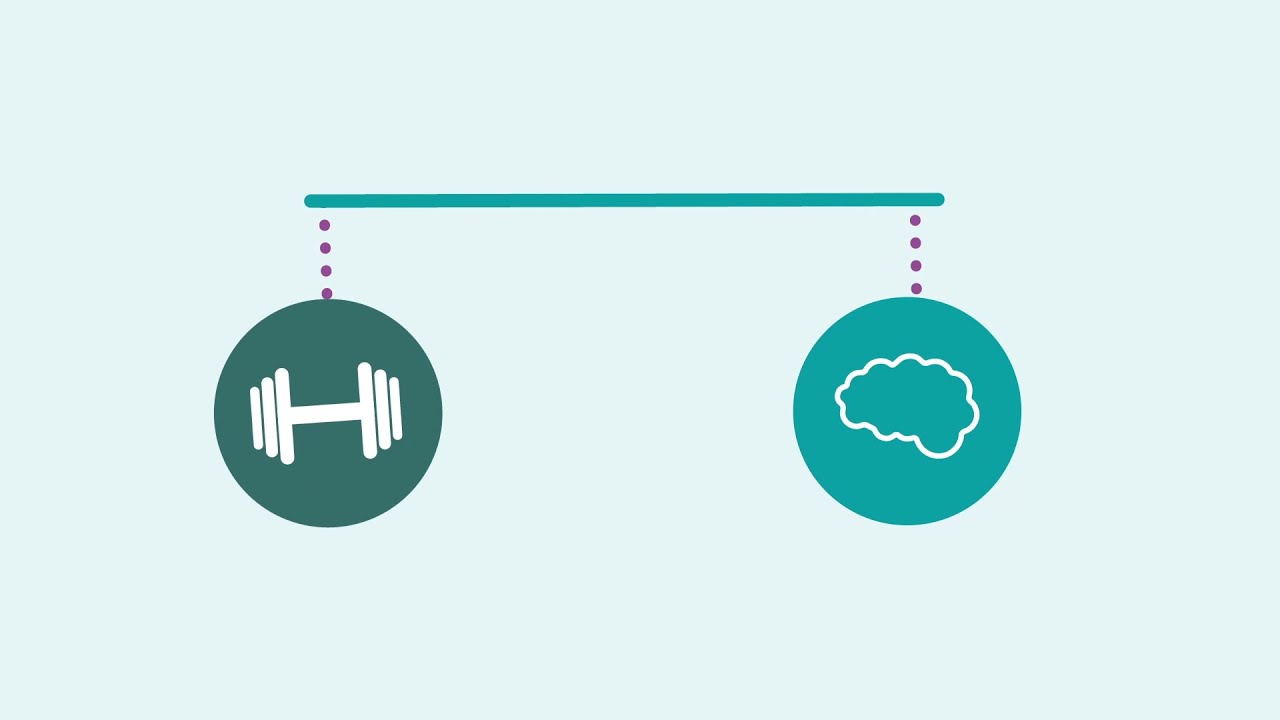Healthy Lifestyle
Unleash Your Creative Genius with MuseMind: Your AI-Powered Content Creation Copilot. Try now! 🚀
Physical and mental health are closely interconnected. Our lifestyle choices, such as physical activity, diet, alcohol consumption, smoking, and drug use, can significantly impact our mental well-being. Let's delve into each of these factors and explore their effects.
Physical activity plays a crucial role in promoting mental health. When we engage in physical exercise, our bodies release endorphins, also known as "feel-good" hormones. These endorphins contribute to better sleep and an overall improved mood. Regular physical activity, even in small amounts, can have a positive impact on our mental well-being, especially when we enjoy the activities we engage in. In fact, physical activity is often recommended as a treatment for certain types of depression. The best part is that you can choose activities that suit your preferences and pace, without the need for expensive gym memberships. Simple changes like taking a brisk walk during lunchtime, incorporating physical activity into your daily routine, or rediscovering activities you used to enjoy can make a significant difference.
In addition to physical activity, our diet also plays a vital role in our overall health and well-being. It's no surprise that what we eat and how much we eat can affect both our physical and mental health. A healthy, balanced diet that includes plenty of fruits and vegetables is ideal. It's important to be mindful of our calorie intake and limit foods that are high in sugar, fat, and salt. For helpful tips on maintaining a better diet, you can explore resources like the One You website.
When it comes to substances like alcohol, caffeine, tobacco, and drugs, it's essential to be aware of their potential impact on our mental health. While they may seem tempting as coping mechanisms for stress or fatigue, they can actually exacerbate our problems in the long run. These substances can disrupt our sleep patterns and contribute to feelings of anxiety and depression. Cutting down or quitting these habits can significantly improve our mental well-being. There are various resources available, such as the Drink Free Days app for alcohol reduction and the Talk to Frank website for drug-related support. Quitting smoking, in particular, is one of the best things we can do for our bodies and minds. It leads to improved breathing, overall well-being, and financial savings. The NHS Smokefree website offers valuable advice and support for those looking to quit smoking.
In summary, taking care of our physical health directly impacts our mental well-being. Engaging in regular physical activity, maintaining a balanced diet, and making conscious choices regarding substances like alcohol, tobacco, caffeine, and drugs can contribute to a healthier mind. Remember, what's good for your body is good for your mind.
